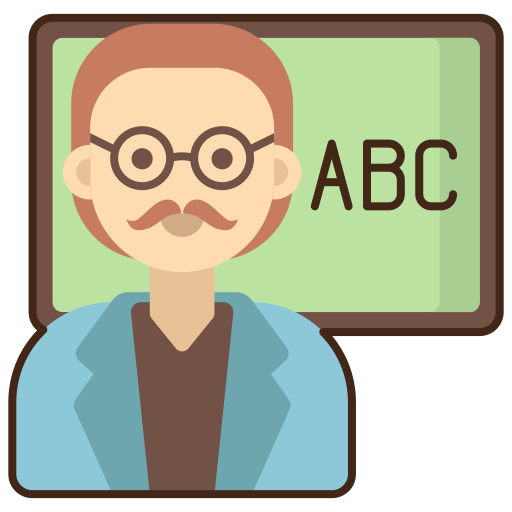
The inquiry initially asked whether a repayment of approximately $5,250 in educational benefits comprised earnings under the CCPA. Looman said that “incomes, wages, rewards, and commissions”– which are straight correlated to a worker’s solutions– matter as earnings.
This web site is had and operated by Informa TechTarget, component of a global network that educates, influences and attaches the world’s innovation purchasers and vendors. All copyright stays with them. Informa PLC’s authorized workplace is 5 Howick Place, London SW1P 1WG. Registered in England and Wales. TechTarget, Inc.’s authorized workplace is 275 Grove St. Newton, MA 02466.
“if such academic advantages do not constitute earnings for purposes of the CCPA’s limitations on wage garnishment, a worker topic to a garnishment order and to whom those restrictions use will have lower total revenues under the CCPA and may have a smaller amount garnished from their pay,” Looman composed.
Tuition compensation is increasingly an advantage used by companies to win the war for skill. Under the Non-mortgage Consumer Debt Defense Act, the Wage and Hour Division believes that tuition compensation doesn’t equate to earnings.
SrdjanPav using Getty Images
Prior to this, the WHD released a viewpoint letter in 2019 pertaining to whether employer payments to wellness interest-bearing accounts are earnings under the CCPA. Similar to tuition reimbursement, in the eyes of the DOL, these employer-provided benefits also may not be treated as incomes.
The WHD has actually noted that Title III of the CCPA prevents companies from “discharging an employee whose revenues have actually been subject to garnishment for any kind of one financial obligation, no matter the variety of levies made or procedures offered collect it.”
1 Consumer Credit Protection2 Credit Protection Act
3 Tuition reimbursement
4 war for talent
« This week in 5 numbers: The rise in AI educationCommunity colleges in the lurch after WIOA bill founders »
